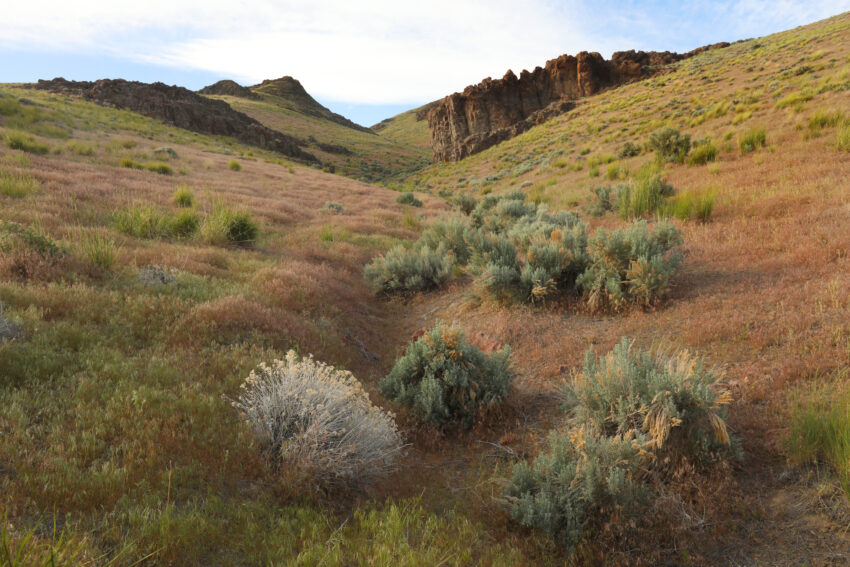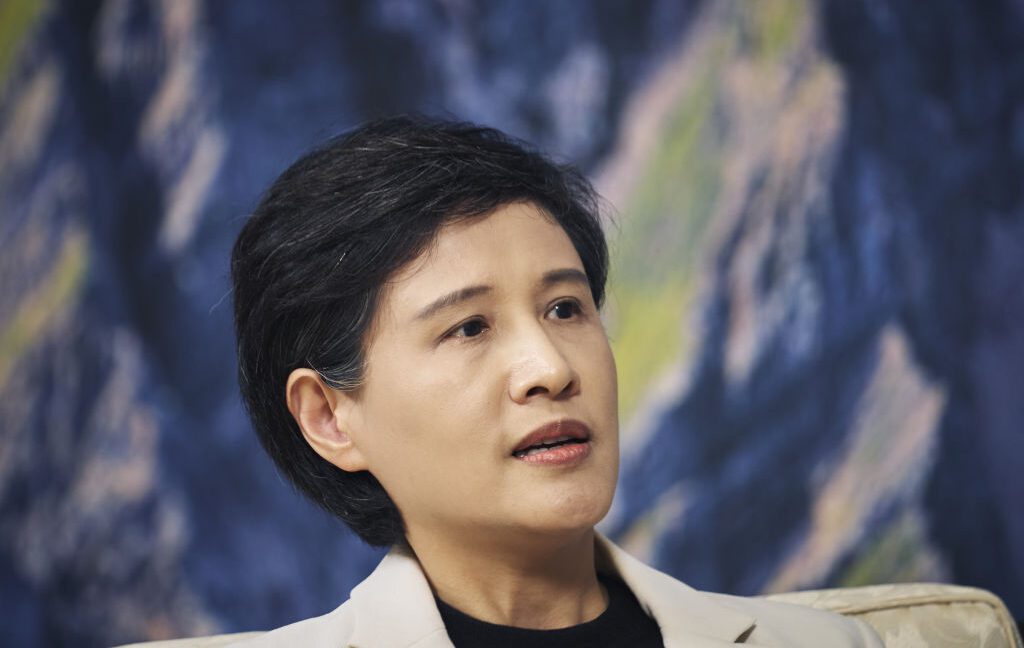
us government takes equity stake in one The U.S. government has announced its acquisition of a significant equity stake in one of the largest lithium mines in the world, located in Thacker Pass, Nevada.
us government takes equity stake in one
Overview of the Thacker Pass Lithium Mine
Thacker Pass, situated in the remote northern region of Nevada, has become a focal point for both economic opportunity and environmental controversy. The lithium mine, which is expected to be operational by 2028, is projected to become the largest lithium producer in the western hemisphere. Once fully operational, it is estimated that the mine will produce around 40,000 metric tons of lithium carbonate annually, a substantial increase compared to the current U.S. production levels of under 5,000 metric tons.
Lithium is an essential component in the manufacturing of batteries for electric vehicles (EVs), renewable energy storage systems, and various rechargeable electronic devices. The growing demand for lithium is fueled by the global shift towards sustainable energy solutions and the increasing adoption of electric vehicles. Both the Biden and Trump administrations have recognized the need to reduce U.S. dependence on foreign lithium imports, making domestic production a priority.
Government Stake in Lithium Americas
The Trump administration’s recent announcement of a 5 percent equity stake in Lithium Americas, the company behind the Thacker Pass project, marks a significant move in U.S. energy policy. This stake is in addition to another 5 percent ownership in a joint mining project between Lithium Americas and General Motors (GM) in Nevada. The Department of Energy made this announcement, emphasizing the importance of securing domestic supply chains for critical materials.
Energy Secretary Chris Wright stated that the U.S. needed to take an equity stake to ensure the mine’s viability, especially in light of declining lithium prices worldwide. The decision to invest in Lithium Americas aligns with broader governmental efforts to bolster domestic production capabilities and reduce reliance on international markets, particularly in the context of geopolitical tensions and supply chain vulnerabilities.
Environmental and Social Concerns
Despite the economic potential of the Thacker Pass lithium mine, the project has faced significant opposition from various stakeholders, including local Indigenous peoples, ranchers, and environmentalists. The mine’s construction began in 2023, but it has been met with fierce protests from nearby Native American tribes who argue that their rights have been overlooked in the permitting process.
In a February 2025 report, Human Rights Watch and the American Civil Liberties Union (ACLU) asserted that the federal government’s approval of the mine violated the rights of Indigenous peoples. The report claimed that the government failed to obtain “free, prior, and informed consent” from affected tribes, a principle recognized in international law that is designed to protect Indigenous rights in development projects.
In addition to Indigenous rights concerns, ranchers and environmental groups have raised alarms about the potential impact of the mine on local water sources and endangered species. The Thacker Pass area is home to sensitive ecosystems, and the extraction of lithium could pose risks to both wildlife and the livelihoods of local ranchers who depend on the land for their cattle operations.
Community Reactions
The opposition from local communities has been vocal and organized. Many Indigenous leaders have expressed their discontent with the mine’s development, arguing that it threatens their ancestral lands and cultural heritage. Protests have included demonstrations, legal challenges, and public awareness campaigns aimed at highlighting the potential consequences of lithium mining in the region.
Ranchers have also voiced their concerns, fearing that the mine could deplete vital water resources necessary for their livestock. Environmental groups have joined the fray, advocating for a more sustainable approach to lithium extraction that prioritizes ecological preservation and respects the rights of Indigenous peoples.
Financial Implications and Government Investments
The U.S. government’s financial involvement in Lithium Americas is not an isolated incident. In October 2024, the company secured a $2.26 billion loan agreement with the Biden administration, which was restructured to include over $100 million in new equity. This financial backing underscores the administration’s commitment to fostering domestic lithium production as part of a broader strategy to transition to renewable energy and electric vehicles.
In recent months, the Trump administration has taken similar equity stakes in other companies to bolster domestic production capabilities. For example, in August, the administration announced a 10 percent stake in Intel, a move aimed at strengthening the U.S. semiconductor supply chain. Additionally, in July, the Department of Defense became the largest shareholder in MP Materials, the only producer of rare earth minerals in the U.S., with a 15 percent stake. These actions reflect a concerted effort to secure critical materials necessary for national security and economic stability.
The Global Lithium Market
The global demand for lithium is expected to continue rising, driven by the increasing adoption of electric vehicles and the need for energy storage solutions. Currently, Australia and Chile are the leading producers of lithium, with China ranking third. The Thacker Pass project aims to position the U.S. as a significant player in the lithium market, reducing reliance on foreign imports and enhancing national energy security.
However, the fluctuating prices of lithium pose challenges for the viability of new mining projects. As Secretary Wright noted, the need for government intervention through equity stakes is partly a response to these market dynamics. By investing in domestic lithium production, the government aims to stabilize the supply chain and ensure that the U.S. can meet its energy needs without being overly dependent on international sources.
Future Outlook
The Thacker Pass lithium mine represents both an opportunity and a challenge for the U.S. As the country seeks to transition to a more sustainable energy future, the need for lithium will only grow. However, the path forward is fraught with complexities, including the need to balance economic development with environmental protection and the rights of Indigenous peoples.
As the mine approaches its anticipated opening in 2028, ongoing discussions and negotiations will be crucial in addressing the concerns of local communities and ensuring that the project aligns with broader sustainability goals. The government’s equity stake in Lithium Americas may provide the necessary financial support to navigate these challenges, but it will also require a commitment to transparency and collaboration with affected stakeholders.
Conclusion
The U.S. government’s investment in the Thacker Pass lithium mine underscores the critical importance of lithium in the transition to renewable energy and electric vehicles. As the largest lithium producer in the western hemisphere, Thacker Pass has the potential to significantly alter the landscape of domestic lithium production. However, the project must navigate a complex web of social, environmental, and economic challenges to realize its full potential.
Moving forward, it will be essential for the government, Lithium Americas, and local communities to engage in constructive dialogue to address concerns and ensure that the benefits of lithium mining are shared equitably. The decisions made in the coming years will not only shape the future of the Thacker Pass project but will also have lasting implications for the U.S. energy landscape and its commitment to sustainable development.
Source: Original report
Was this helpful?
Last Modified: October 1, 2025 at 11:41 pm
2 views















